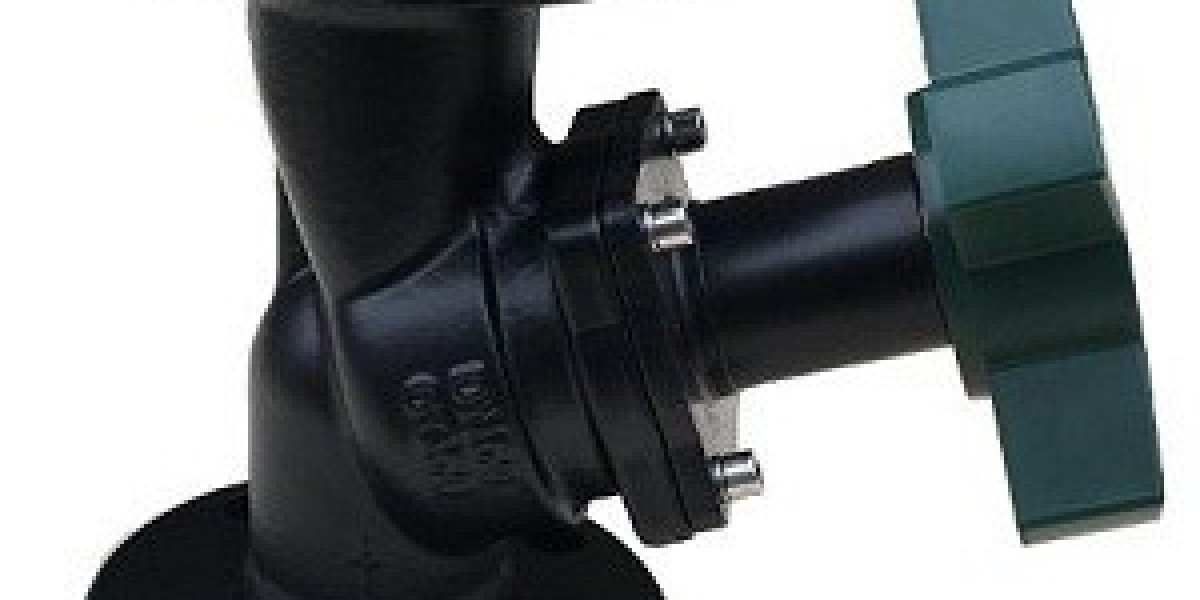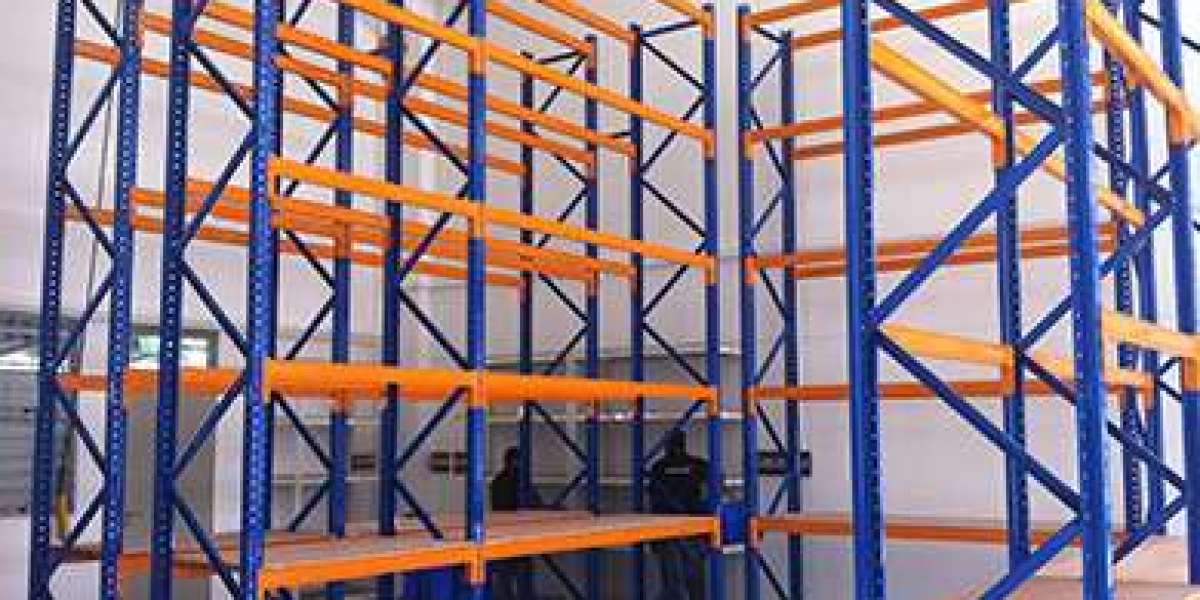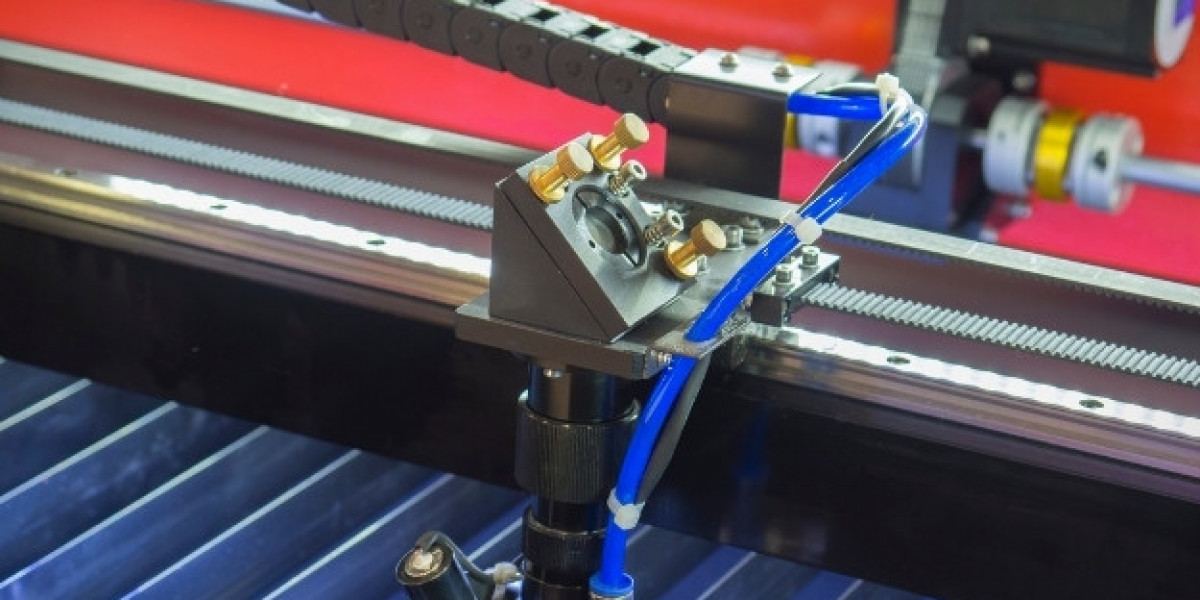Valvesonly are renowned for its exceptional products, serving global regions as leading Balancing Valve Manufacturers in USA.
About Balancing Valve:
Balancing valves that are used in critical functions in fluid systems, particularly in HVAC (heating, ventilation, and air conditioning) setups. Their primary purpose is to regulate and balance the flow of fluid through different sections of a system. This regulation ensures that each branch or circuit within the system receives its required flow rate, promoting optimal performance.
• Design: The design of balancing valves is made to address any imbalances in fluid flow caused by various factors such as differences in pipe lengths, diameters, or pressure differentials within the system.
• Working: To achieve their purpose, balancing valves are equipped with internal components that can be adjusted to control the flow rate. These components may include flow-restricting elements or control elements. By altering the position of these internal components, the flow rate can be regulated, and fluid distribution can be made even across the system. Balancing valves can feature manual operation mechanisms, such as handles or screw mechanisms, allowing for manual adjustment by operators. Alternatively, they can be automated, incorporating actuators that respond to signals from control systems. These control systems may include building automation systems or direct sensors, enabling automatic adjustment of flow rates as needed.
Role of Balancing Valve in HVAC Systems:
• In HVAC (heating, ventilation, and air conditioning) systems, balancing valves play a crucial role in ensuring the efficient operation and optimal performance of the system. Here's what balancing valves do in HVAC systems:
• Balancing valves helps regulate the flow of water or other fluids within the HVAC system. They control the volume of fluid passing through different branches or zones of the system to ensure that each area receives the appropriate flow rate.
• Their second role is to help equalize pressure within the HVAC system by adjusting the flow rates. This prevents pressure imbalances that can lead to issues such as insufficient heating or cooling in certain areas, noisy operation, or damage to system components.
• By regulating the flow of water through heating or cooling coils, balancing valves help maintain consistent temperatures throughout the HVAC system. This ensures that occupants experience comfortable indoor temperatures regardless of their location within the building.
• By delivering the right amount of heating or cooling to each area based on its requirements, balancing valves help reduce energy consumption and lower operating costs.
• Properly balanced HVAC systems experience fewer performance issues such as uneven heating or cooling, reduced airflow, or equipment malfunction, leading to improved overall system performance and longevity.
For Balancing Valve Manufacturers in USA, consider Valvesonly. We specialize in customized valves, crafted to meet client specifications. Trust us for precision-engineered solutions that guarantee optimal performance and satisfaction.
Description:
• Body material: Cast Iron, Ductile Iron, WCB, SS304, SS316, Bronze, SS410, SS431
• Nominal Diameter: DN50 to DN150
• Nominal Pressure: Class150, PN16
• Ends: Flanged
• Operations: Hand wheel operated.
Visit us: https://valvesonly.com/product-category/balancing-valve
Our Address: 80, Broad Street, Manhattan, New York, 10004








